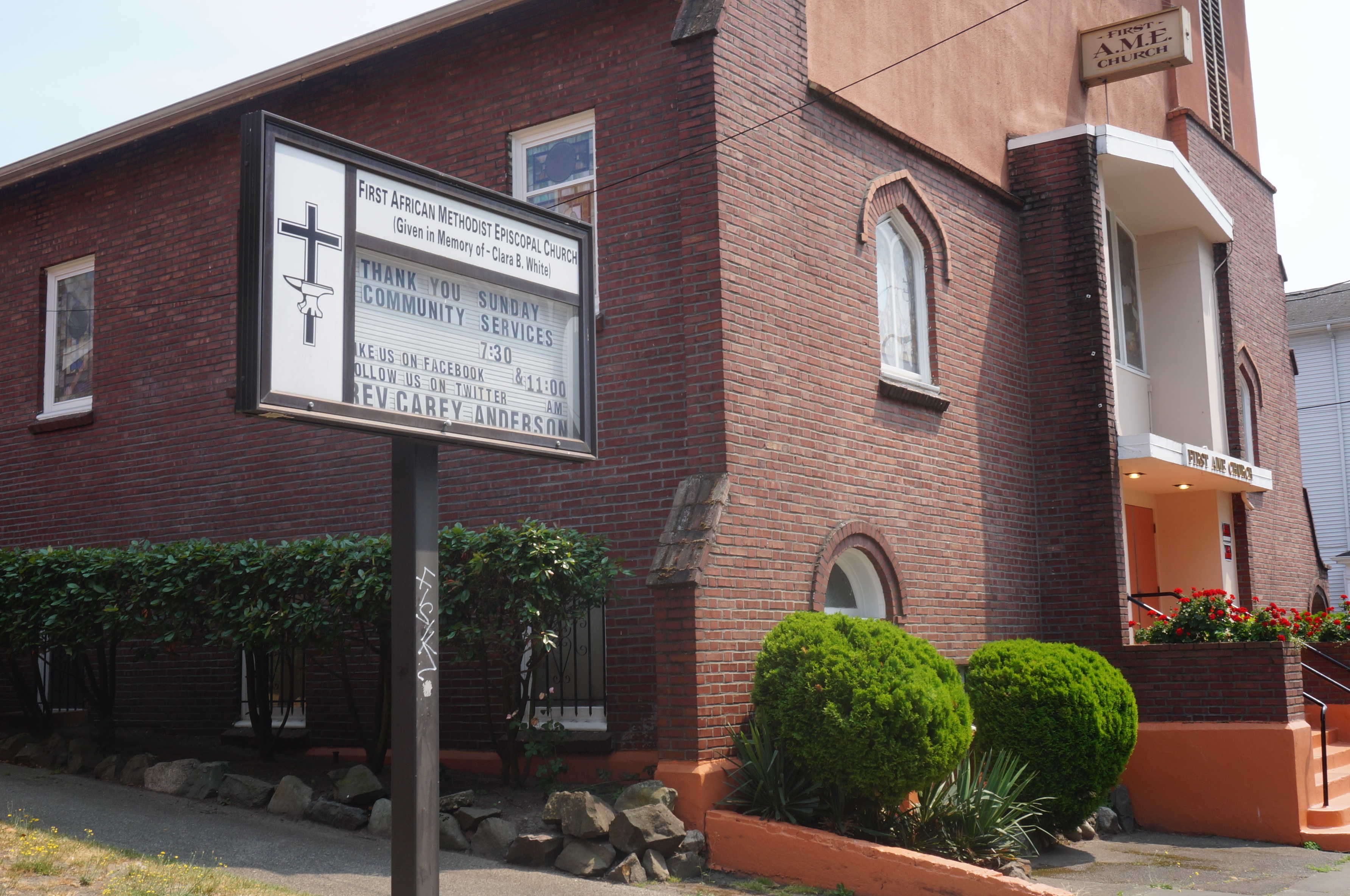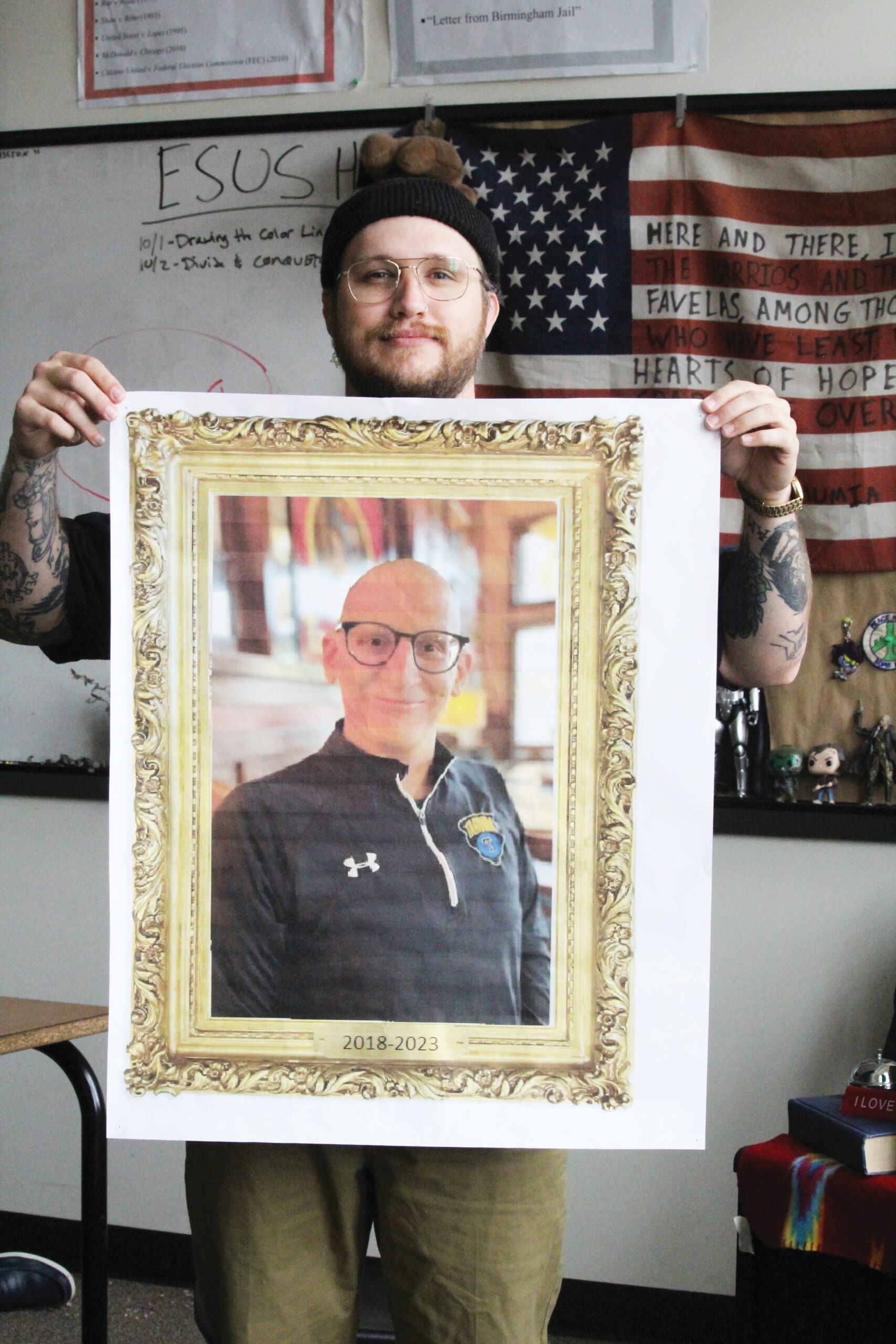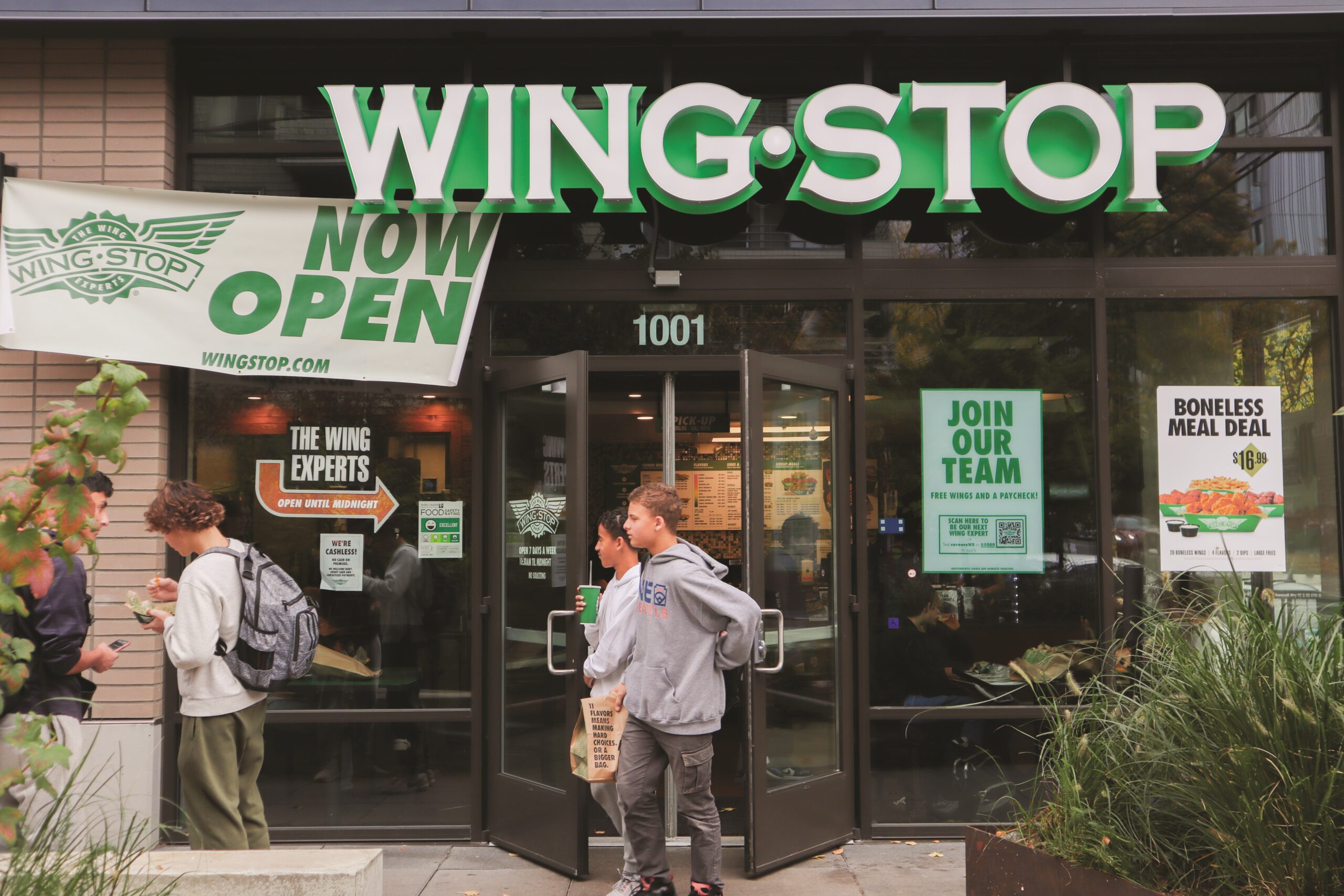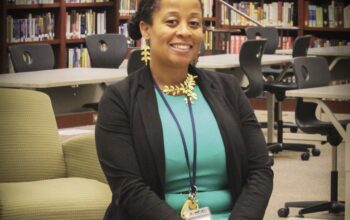The recent tragedy and violence inflicted on the African American community have fired up conversations about racism in America, one of the most recent events being the shooting at the Emanuel African Methodist Episcopal Church in Charleston, SC. On Wednesday, June 17th, the church held a Bible study group where a Caucasian man who was supposedly participating in the group opened fire on the other African-American members, killing nine of them. Six of the victims were women and three were men. One of the victims was the church’s pastor, 41 year-old Clementa Pinckney. Pinckney was not only a figurehead for the AME church, but a Democratic member of the South Carolina Senate. Both the church and Pinckney held great significance amongst black communities. After the April shooting of unarmed African-American Walter Scott by the police, Pinckney had campaigned for police officers to wear body cameras when on duty. The AME church has the largest black congregation south of Baltimore. MLK spoke at the church in 1962 and shortly after, his wife Coretta Scott King led a strike of 1,500 people in supporting hospital worker strikes. She marched them to the Emanuel AME church where they faced hostile members of South Carolina National Guard. The church’s history reflects its members’ struggle for equality. The importance of the church to the black community, along with other evidence, indicate the attack as a hate crime. The perpetrator, a 21-year old white man by name of Dylann Roof, was arrested by police.
After hearing the news about Charleston, people in the Seattle community showed their sympathy for Charleston and took action against these appalling attacks. Local Seattle activist groups such as SURJ (Showing Up For Racial Justice), CORW (Coalition Of Anti-Racist Whites) and Jewish Voices For Peace set up vigils in Seattle with leaders from the black community. At the candle-lit vigil at Westlake on June 18, Kelsen Caldwell of CARW told The Dignity Virus, “…The massacre in Charleston is part of a continuum of everyday violence that black people face in this country and the time is now for us to act.” Another participant, Eva Dale, said, “The tragedy of the shooting at the Charleston AME is a manifestation of the racism that is so deep and widespread throughout our society.”
Members of Roosevelt’s community have also been concerned about such incidents. Roosevelt’s Black Student Union President, Jessamyn Reichman, believes that as a society, we have come so far with racial inequality compared to the 1800’s, but that we are “not anywhere close to being finished or relatively done with the fight against racism.” However, she does believe that people are capable of the change for “abolishing stereotypes”. Rev. Mannix Kinsey, pastor of Briar Creek Baptist Church in Charlotte, declared, “We’ve already forgiven them, and we want to move forward.” Forgiveness towards those that hate may seem antithetical, but it’s been a predominant theme in the wake of this attack. The victims’ families have chosen to work on forgiving the man that caused them pain and loss. Through a video conference, the families expressed this to Dylann Roof. Their forgiveness has also been extended towards the people that may have intentionally caused church fires in the south, following the Charleston shooting. Reichmann shared similar sentiments: “ I believe in love and with love comes forgiveness. So when people marginalize me for my race and heritage I continue to love them,because I believe love can conquer anything and especially racism.”
Featured Photo: Seattle’s own A.M.E. Church, the beginning of a march demonstrating Seattle’s solidarity with Charleston on Tuesday, July 7th. Photo by Maddie Dowling



